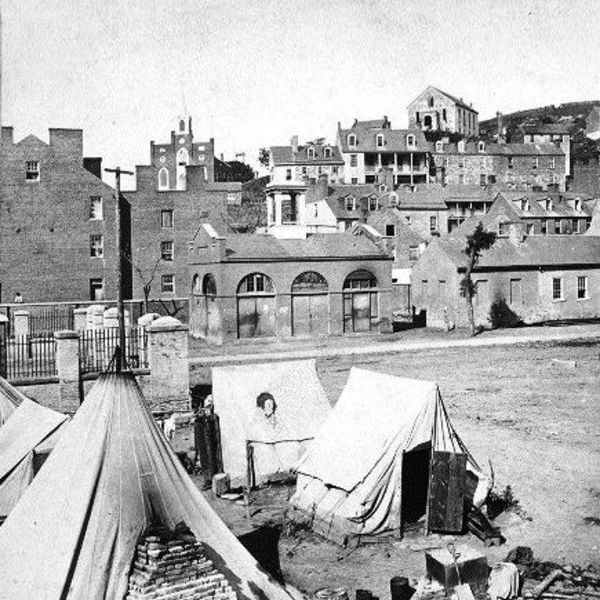I didn’t know any of them, but remember the people who thought the Mayan calendar foretold the end of the world in 2012? How about the pastor who convinced thousands of people the apocalypse described in the Book of Revelation would begin on May 21st, 2011 (then on October 16th, 2011)?
Matthew 24:36 pretty explicitly states that no one can know when the world will come to an end, but that hasn’t stopped numerous people from predicting Jesus’s return on very specific dates throughout Christianity’s 2,000-year history.
Even in secular terms, people have a willingness to believe that they have the tragic fortune to live in a bleak era where whatever they don’t like is getting more popular. This is nowhere clearer now than in the presidential election-Trump’s narrative is that because of Obama’s pitiful liberal failure to completely exterminate ISIS militants and kill their families, the group is growing in strength and will soon be a terrifying existential threat to Western culture. On the other side of the aisle, there is a widespread feeling that Trump’s election will result in a fascist dictatorship, or possibly even nuclear war.
Even compared to other recent terrorist groups, ISIS is exceptionally successful, and repulsive. And of all the major nominees for president I’ve seen in my lifetime, Trump has the vague, inarticulate drive to succeed and the massive but tender ego that characterize totalitarian dictators. But ISIS is extremely disorganized, lacking in leadership, and steadily losing ground, and America has seen abrasive, flippantly racist presidential candidates before.
Humans, you may have noticed, have a tendency to feel that they, the countries they were born in, the people they know, and the things they like are particularly important. It makes sense that we tend to view the times we live in as unusually significant as well. The bad things happening in the world right now seem way worse than the bad things that have happened in other centuries to us because, well, we didn’t experience them. Do you feel like between the mass shootings here in the US and the grim atrocities of ISIS and other terrorist groups abroad, we live in exceptionally amoral, violent times? You may be surprised to learn that 2016 has been an exceptionally peaceful year, and that this reflects a general trend in human history toward less and less war and violent crime. As fun as it is to believe you’re one of the last good people in a world going to hell in a handbasket, this sadly isn’t the case. Even if people are getting more selfish and cruel, they’re feeling less inclined to openly express it.
Speaking of ISIS, it should perhaps be noted that the sense the world will soon end is central to their ideology.
There are lots of reasons why we might want to feel our world will end soon-to feel special, to feel like rebels or martyrs, to hope for Heaven, or because the idea of the collapse of society, and therefore, of our responsibilities, seems pretty fun. It’s more comforting believing in history as a grand story we’re in the climax of, rather than history as just a bunch of stuff happening without a clear plot structure, that will probably keep happening long after we’re dead.





















